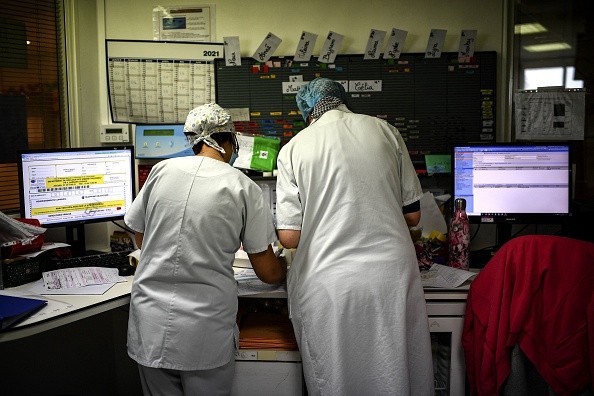Israeli researchers claim that the active component has shown more than 90% efficiency in mice, and they are working to develop the first preventive medicine in the world to stop tumors from generating secondary cancer.

World-Changing Discovery
Scientists have discovered a mechanism to prevent cancer cells from entering circulation and spreading about the body. Still, the remedy has yet to be available as a drug, according to Times of Israel.
A peptide, or chain of amino acids, was created by the Bar Ilan University research team to prevent cancer cells from entering the circulation and, therefore, from spreading throughout the body.
According to peer-reviewed studies in Nature, it effectively stopped the spread of sick cells that may result in secondary cancer in mice.
Also Spread : Animal Testing No Longer Required for Approving Drugs But Substitutes are Still Unavailable
Fighting Cancer Cells
Numerous solid tumor cells produce invadopodia on their surface, protruding projections resembling feet. When cancer cells reach circulation and spread to other organs, they act like battering hammers, pushing their way through the tissue.
However, invadopodia don't start moving until two proteins combine to "activate" them. The discovery of a peptide that prevents this protein interaction was the Bar Ilan breakthrough, according to Prof. Jordan Chill, a co-author of the paper.
"We think this may impede metastasis by stopping the invadopodia from activating. I anticipate it might be used with chemotherapy or other cancer-cell-killing therapies," he added.
According to the efficacy rate, mice with breast cancer who received the peptide were at least 90% less likely than the control group to develop secondary tumors.
High Chance of Success
The team says it anticipates the peptide to be successful on all solid tumors, which are malignancies other than those of the blood, bone marrow, or lymph nodes, even though the trial concentrated on breast cancer.
According to prior studies, 12% of people diagnosed with breast cancer go on to acquire a metastatic illness, which has a 26% five-year survival rate. Chemotherapy eradicates as many cancer cells as possible but has little effect on stopping any residual cancer cells from proliferating.
Compared to Other Methods
According to Dr. Hava Gil-Henn, co-author of the research, "our achievement is highly exciting since there are currently no medications in production that prevent metastasis, [or] in other words, exist specifically to stop cancer from spreading."
"Most medications aim to reduce tumor size after it has formed. We are practicing prevention, which might save many people from contracting a second sickness and save countless lives.
Needs More Study
According to Chill, the next hurdle is turning the peptide into medicine with dosing systems that can transport it to the appropriate body parts.
He stated that we only have the missile's arrowhead; the rest of the rocket still has to be developed.
Related Article : Scientists Double Effort to Find Possible Next Pandemic, Caused by Other Zoonotic Diseases
For more health and medicine related news, don't forget to follow Nature World News!
© 2026 NatureWorldNews.com All rights reserved. Do not reproduce without permission.





